
The British Red Cross is urging the UK and devolved governments to come up with a plan to tackle loneliness this winter, as a new report shows that many people aren’t coping – almost 40% say they haven’t had a meaningful conversation with anyone in a fortnight.
With most of the country now back under tighter lockdown restrictions, the British Red Cross is calling on everyone – governments, charities, communities and individuals – to come together and look out for the most vulnerable people in society.
The charity wants the UK government – as well as those in Scotland, Wales and Northern Ireland – to pull together with civil society and act fast in order to prevent a loneliness emergency among the most vulnerable this winter; at a time when the nights are drawing in and people are increasingly cut off from each other.
The call comes as the British Red Cross publishes a new report Lonely and Left Behind: Tackling Loneliness at a Time of Crisis which offers the most detailed study yet of the impact coronavirus is having on people’s loneliness.
It includes the day-to-day experiences of 16 people who were shielding or isolating immediately after the first lockdown period.
The report also includes the results of a representative poll of more than 2,000 people that shows:
- Around a third (32%) worry something will happen to them and no one will notice.
- About a third (32%) say they are alone and have no one to turn to.
- 36% of adults say their neighbours are like strangers to them.
- More than half of the adults surveyed (52%) say they hadn’t had a meaningful conversation with someone in a fortnight.
- Two-in-five people (38%) say loneliness is having a negative impact on their mental health.
- People who say they are always or often lonely are now five and a half times more likely to feel they can’t cope with the impacts of the pandemic, with double the number struggling now (39%) than when a similar poll was carried out for the charity in May (19%).
- 35% of UK adults are concerned that their loneliness will get worse.
The main body of evidence in the report – a combination of in-depth, one-to-one interviews and diary entries completed between 22 July and 1 September 2020 – paints a rich picture of the challenges faced by people who have had very limited contact with others for a number of months – the boredom, low mood, creeping “bad habits” and loneliness.
The report also touches on other key considerations – worries about money, the loss of a job, caring and parenting responsibilities – and shows that, not only are some people feeling lonelier than ever, they don’t always know what to do to get help.
The British Red Cross now wants to see governments across the UK work with charities, communities and wider civil society – to build on work already done through the UK Government’s first plan to tackle loneliness during lockdown.
As part of this, the organisation is calling on them to further invest in services tackling loneliness, raise awareness of alternative ways for people to connect with each other this winter, and support local authorities and health systems to identify and address those most at risk of loneliness.
British Red Cross community connector Rosie Fewings has been supporting people in Newcastle throughout the Covid-19 emergency.
She said: “Our support has been vital as the coronavirus crisis has left some people feeling very vulnerable and lonely.
“We have been providing a lot of telephone support to people to try and break up the isolation. This can be a quick call to check in with people, or a longer call for them to chat about whatever they would like to.
“One of our volunteers is making 30 calls a week to people and it really helps – people need to feel connected to others at a time of crisis and we can all do our bit to help with that.”
British Red Cross digital volunteer Connor Gilronan is part of a team of 90 young people aged between 16-25 who have been helping get people in England online and learning new skills.
He said: “We are helping people who feel cut off and either don’t have access to things like a phone or the internet or don’t have the confidence or knowledge to use them.
“Using social media platforms, emails, texts and video chats, we help people find new ways of staying connected with the people they’re closest to.
“We’re there to support and reassure people that there’s nothing daunting about learning these skills – we’re friendly and helpful and base our support on what each person wants and needs.”
British Red Cross executive director Zoe Abrams said: “If we’re going to avoid a loneliness emergency this winter, we have to listen to the people who are telling us the coronavirus crisis is leaving them feeling left behind and lonelier than ever.
“Our report shows that many vulnerable people are feeling cut off, like their problems aren’t important, and unable to think of anything that might improve their situation; a troubling combination at a time when Covid-19 restrictions have tightened again.
“We all need to act together now – the UK’s four governments, communities, neighbours and friends – to tackle loneliness this winter.
“Charities like the British Red Cross, who have been leading the way when it comes to working with people to address their loneliness, must continue to help people find new ways of keeping in touch with loved ones, including through digital technology.”
In the report, the British Red Cross also calls for:
- Civil Society organisations to continue to tackle loneliness, share learning and put the needs of those most at risk of loneliness first.
- Governments to make sure those most at risk of loneliness are able to access the mental health and emotional support they need to recover from the impact of the coronavirus crisis.
- Tackling loneliness to be included in medium and long-term Covid-19 recovery plans.
The British Red Cross is working to find and meet the needs of those who would otherwise go unnoticed in the pandemic, in particular, those who are lonely and isolated.
Anyone can call its coronavirus support line for help on 0808 196 3651.
The charity can also help people who’d like to use digital technology like smartphones and the internet to stay connected with the those they love but can’t afford to or don’t have the skills.
Thanks to its Tackling Loneliness Digitally programme, the Red Cross in England is able to provide support and guidance through its Connecting Communities and refugee services teams.
It can help people access technology and data (subject to location and availability) and offers one-to-one advice from a team of young digital volunteers to people who can’t afford smartphones and laptops or don’t know how to use them or the internet. The scheme runs until mid-December.
Wherever people are in the UK, those who already have access to the internet can access a great toolkit of resources for adults and young people, including online group sessions and digital classrooms, as well as thought-provoking podcasts where others share their experiences of tackling loneliness.
If you are feeling lonely and would like to reach out please call the British Red Cross coronavirus support line on 0808 196 3651 or access our online loneliness resources at www.redcross.org.uk/loneliness-resources

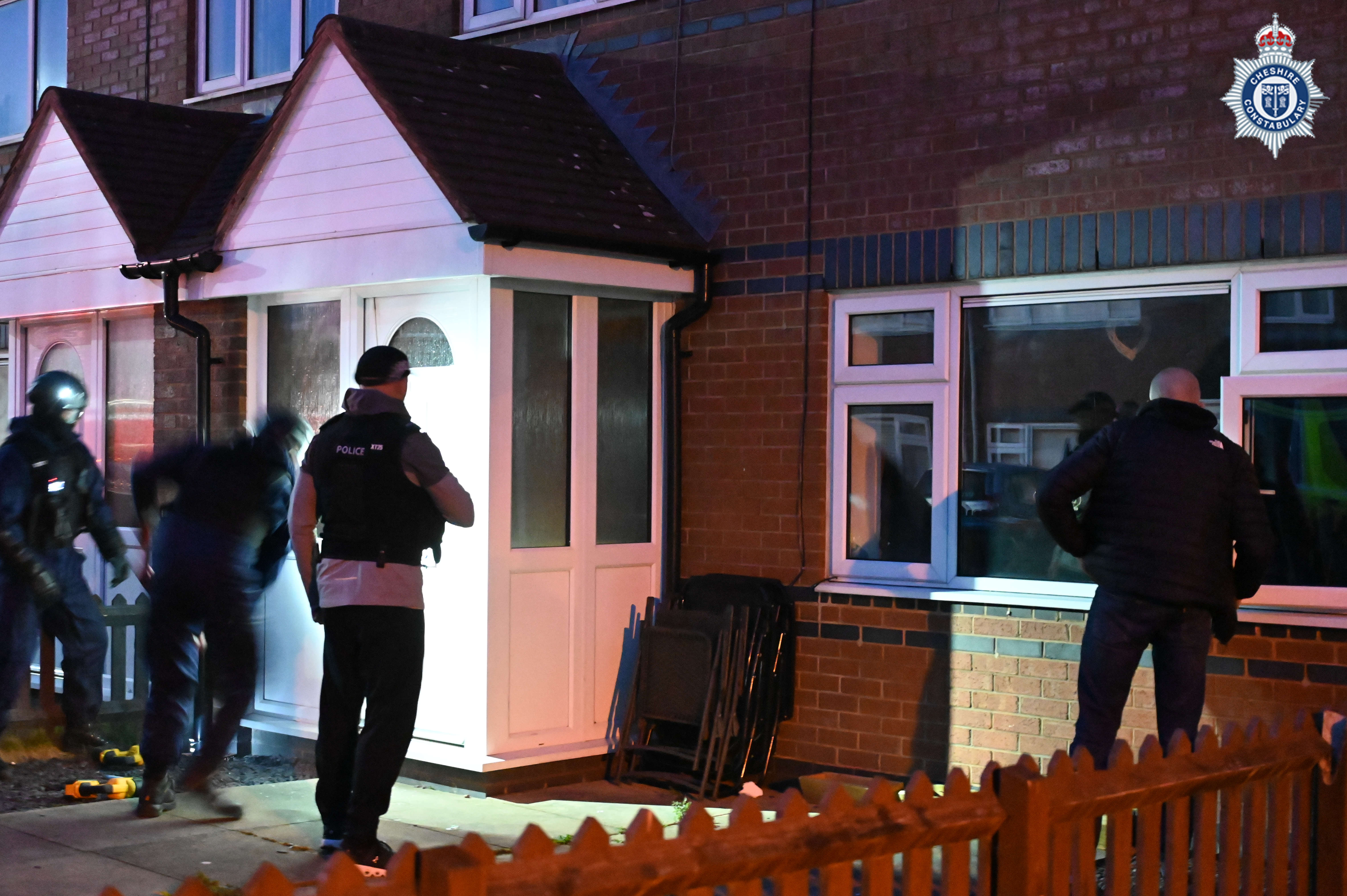 Ten arrested for drugs offences following warrants in Chester
Ten arrested for drugs offences following warrants in Chester
 Suspended prison sentence and indefinite ban for Cheshire man who abused his dog
Suspended prison sentence and indefinite ban for Cheshire man who abused his dog
 Recovered Stolen Items
Recovered Stolen Items
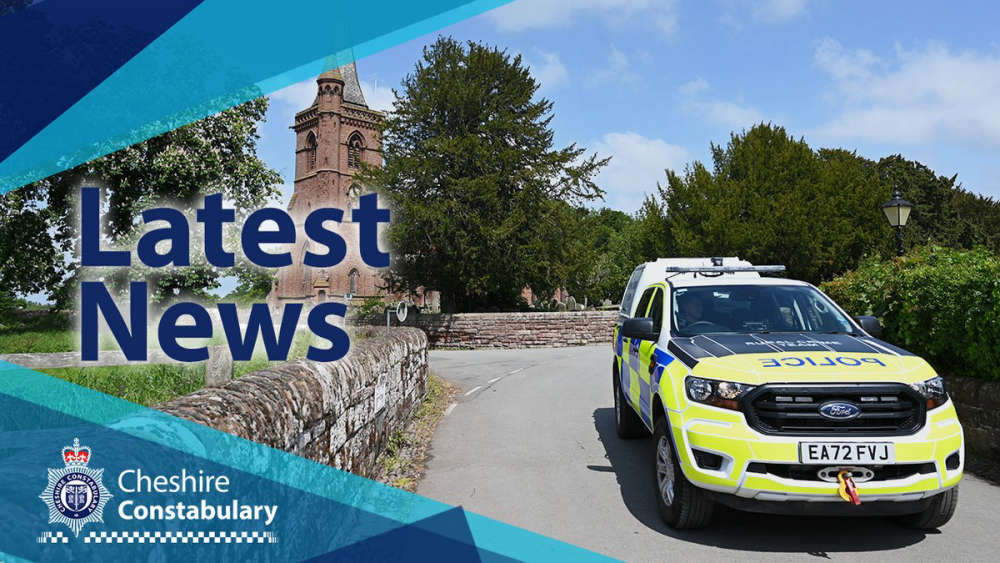 Man charged in relation to courier fraud
Man charged in relation to courier fraud
 Police to target criminal use of Cheshire’s roads
Police to target criminal use of Cheshire’s roads
 Appeal for help in tracing wanted Ellesmere Port man
Appeal for help in tracing wanted Ellesmere Port man
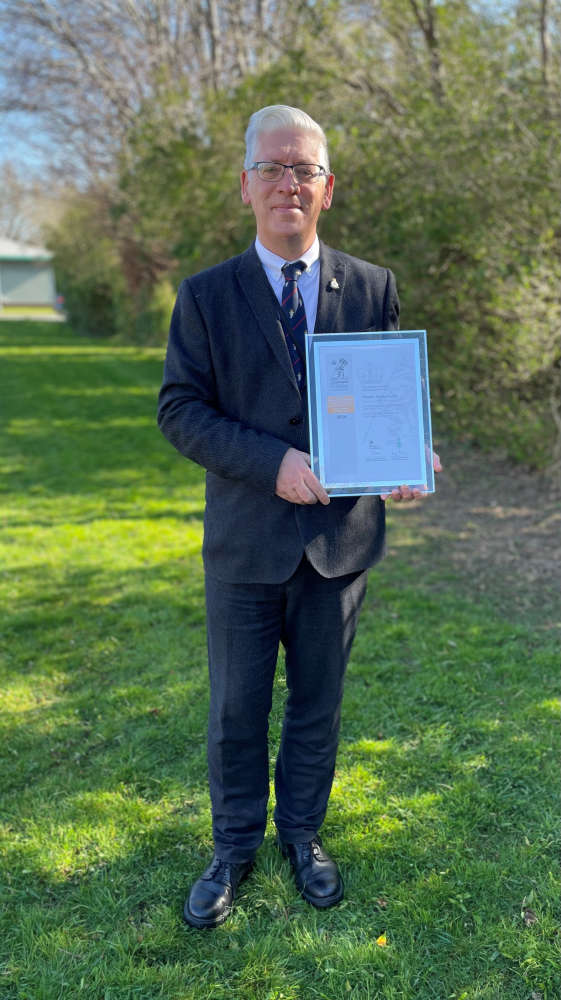 Council awarded Gold Armed Forces Award
Council awarded Gold Armed Forces Award
 Appeal for footage and witnesses following collision in Delamere
Appeal for footage and witnesses following collision in Delamere
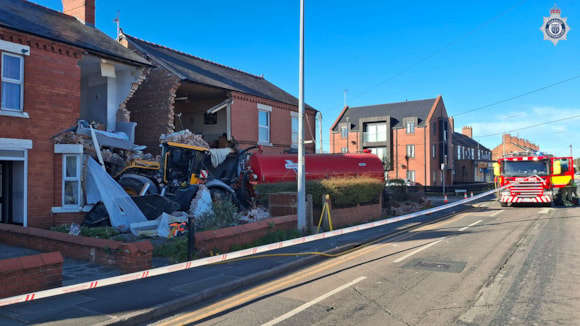 Appeal for information following serious collision in Chester
Appeal for information following serious collision in Chester
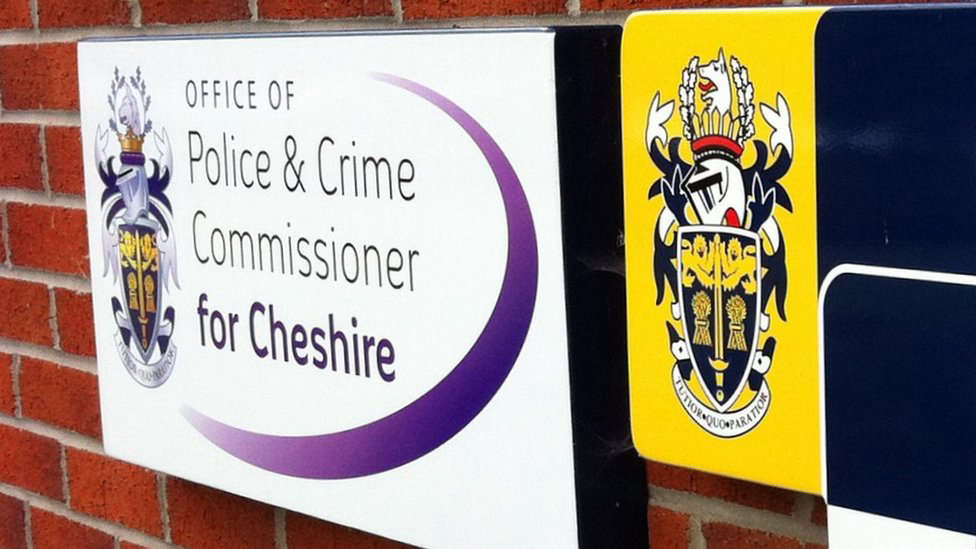 Your chance to get involved in police scrutiny meetings
Your chance to get involved in police scrutiny meetings
 New Events at Jodrell Bank
New Events at Jodrell Bank
 Inspiring Futures at The Queen’s School
Inspiring Futures at The Queen’s School
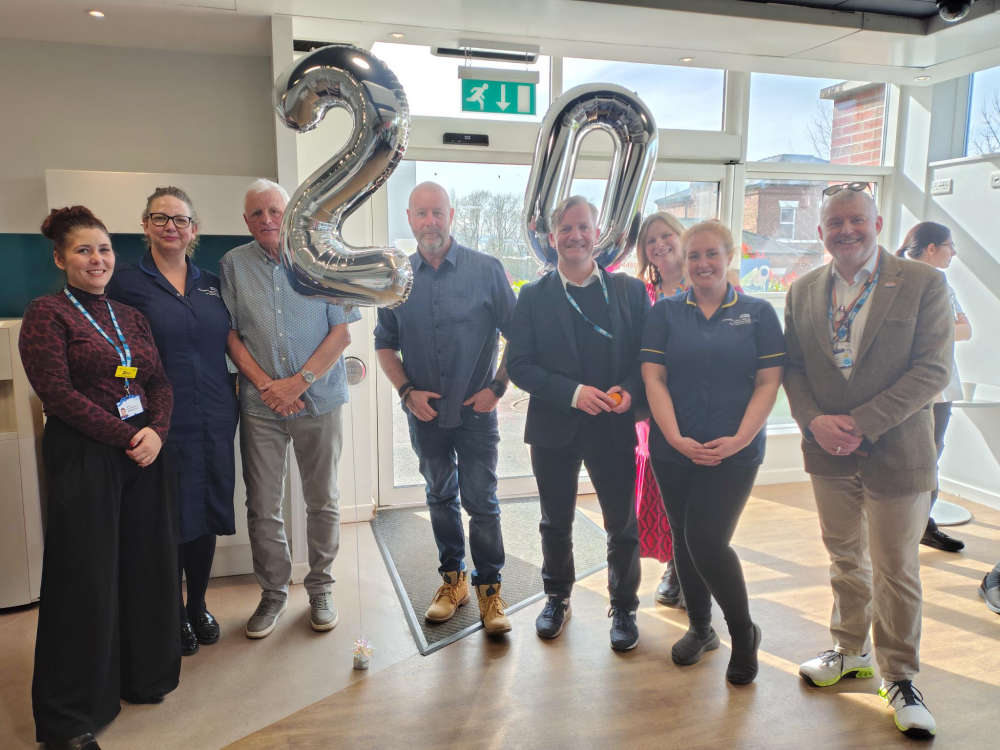 Bowmere Hospital celebrates 20 years of mental health care
Bowmere Hospital celebrates 20 years of mental health care
 Man charged with burglary and drug offences following Chester police stop check
Man charged with burglary and drug offences following Chester police stop check
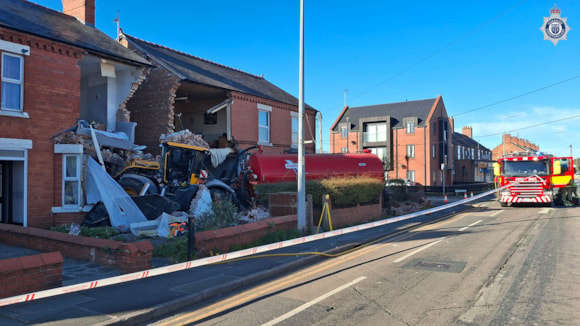 Vicars Cross Road closed following collision in Chester
Vicars Cross Road closed following collision in Chester
 Man jailed for controlling and coercive behaviour and assault
Man jailed for controlling and coercive behaviour and assault
 Plan unveiled to transform and improve emergency care at Countess of Chester Hospital
Plan unveiled to transform and improve emergency care at Countess of Chester Hospital
 Chester & Wirral Football League - Weekend Round Up
Chester & Wirral Football League - Weekend Round Up
 Ladbrokes returns to Chester Racecourse
Ladbrokes returns to Chester Racecourse
 Blues Match Report: Chester FC 1 - 1 Curzon Ashton
Blues Match Report: Chester FC 1 - 1 Curzon Ashton